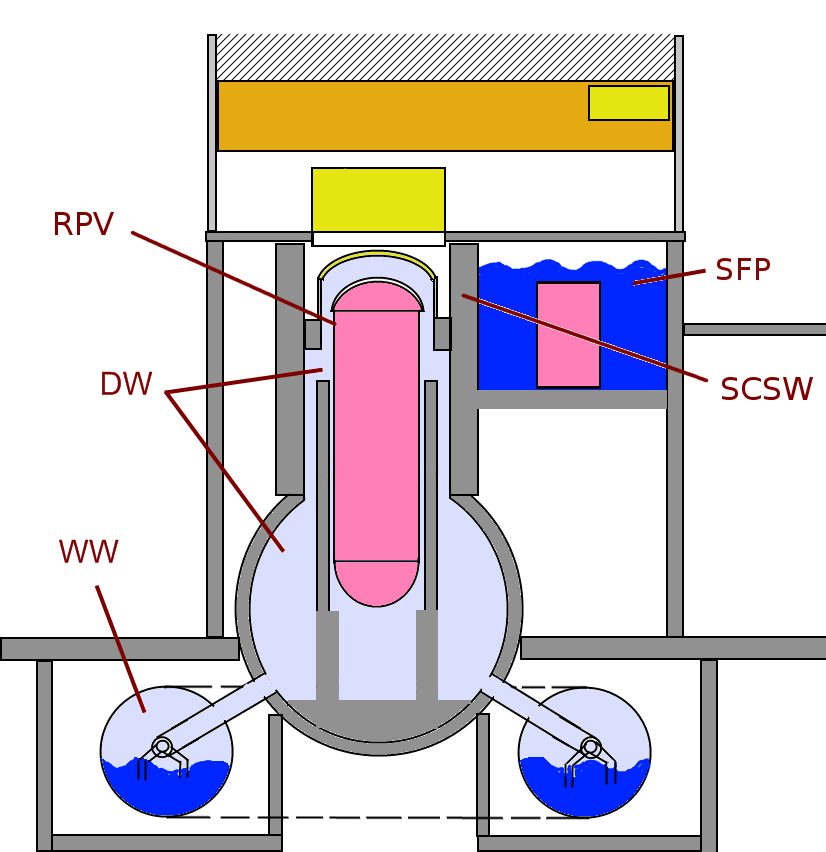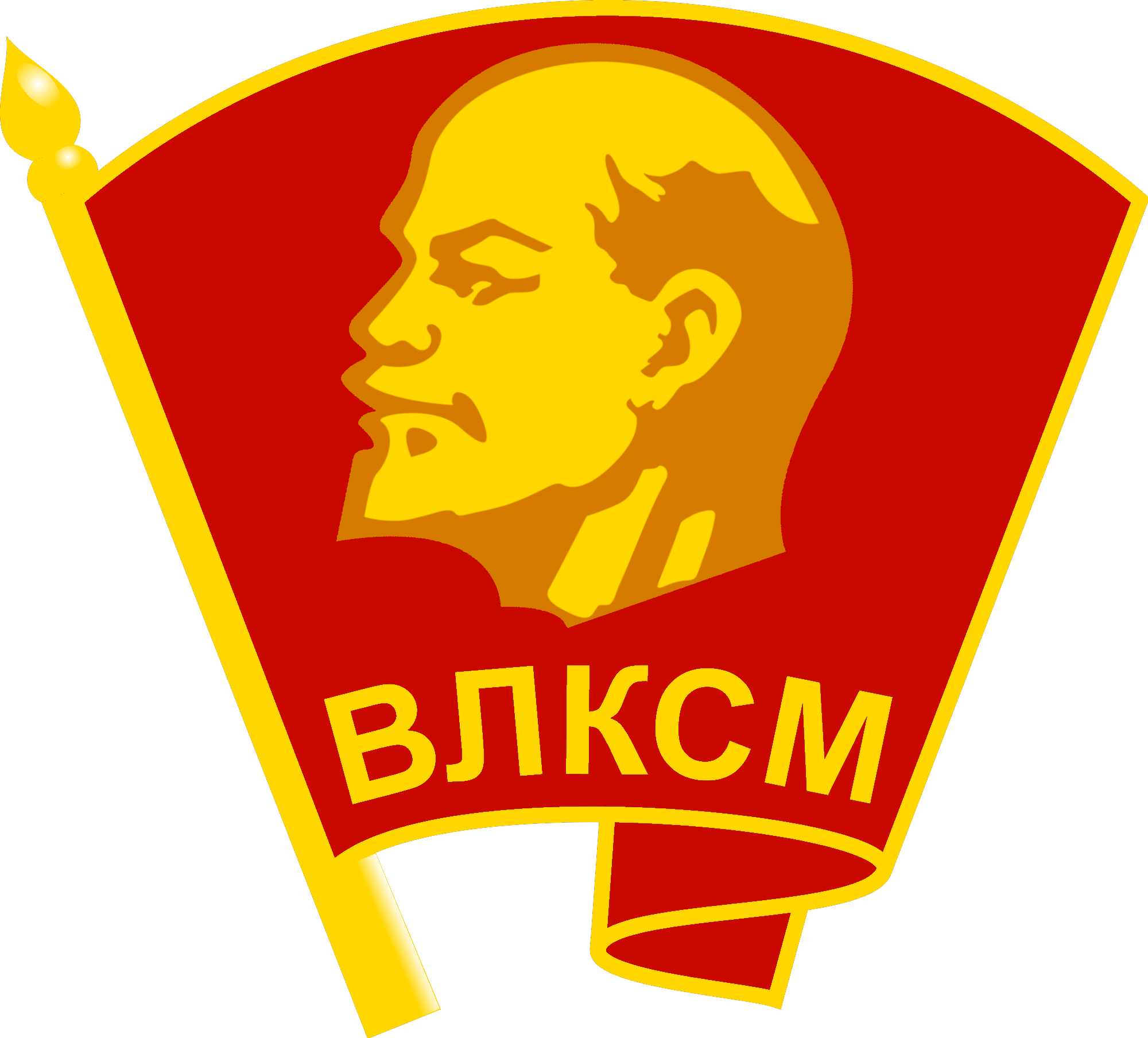|
Valery Limarenko
Valery Igorevich Limarenko (russian: Валерий Игоревич Лимаренко: born October 19, 1960) is a Russian politician. He is the current Governor of Sakhalin Oblast, Governor of Sakhalin Oblast, a federal subjects of Russia, federal subject of Russia from 2018. Early life Limarenko was born on October 19, 1960, in Kharkov. His grandfather worked at an aircraft repair plant and his father was a military pilot. He was also going to become a pilot, but did not pass due to medical reasons. In 1983, he graduated from National Aerospace University – Kharkiv Aviation Institute, Kharkov Aviation Institute and was qualified as a mechanical engineer of aircraft engines. In 1983, Limarenko took up the post of a design engineer at the All-Russian Scientific Research Institute of Experimental Physics, All-Union Scientific Research Institute of Experimental Physics (VNIIEF) in Arzamas-16. In 1988, he returned to scientific work. In 1999, he defended his thesis for the deg ... [...More Info...] [...Related Items...] OR: [Wikipedia] [Google] [Baidu] |
Russia
Russia (, , ), or the Russian Federation, is a List of transcontinental countries, transcontinental country spanning Eastern Europe and North Asia, Northern Asia. It is the List of countries and dependencies by area, largest country in the world, with its internationally recognised territory covering , and encompassing one-eighth of Earth's inhabitable landmass. Russia extends across Time in Russia, eleven time zones and shares Borders of Russia, land boundaries with fourteen countries, more than List of countries and territories by land borders, any other country but China. It is the List of countries and dependencies by population, world's ninth-most populous country and List of European countries by population, Europe's most populous country, with a population of 146 million people. The country's capital and List of cities and towns in Russia by population, largest city is Moscow, the List of European cities by population within city limits, largest city entirely within E ... [...More Info...] [...Related Items...] OR: [Wikipedia] [Google] [Baidu] |
Fukushima Nuclear Disaster
The was a nuclear accident in 2011 at the Fukushima Daiichi Nuclear Power Plant in Ōkuma, Fukushima, Japan. The proximate cause of the disaster was the 2011 Tōhoku earthquake and tsunami, which occurred on the afternoon of 11 March 2011 and remains the most powerful earthquake ever recorded in Japan. The earthquake triggered a powerful tsunami, with 13–14-meter-high waves damaging the nuclear power plant's emergency diesel generators, leading to a loss of electric power. The result was the most severe nuclear accident since the Chernobyl disaster in 1986, classified as level seven on the International Nuclear Event Scale (INES) after initially being classified as level five, and thus joining Chernobyl as the only other accident to receive such classification. While the 1957 explosion at the Mayak facility was the second worst by radioactivity released, the INES ranks incidents by impact on population, so Chernobyl (335,000 people evacuated) and Fukushima (154,000 evacuate ... [...More Info...] [...Related Items...] OR: [Wikipedia] [Google] [Baidu] |
State Council Of The Russian Federation
The State Council (russian: Государственный Совет) is an advisory body to the Russian head of state, which deals with issues of the highest importance to the state as a whole. The council was established by a decree of the President of Russia, Vladimir Putin, on September 1, 2000. History The current State Council is the third in the history of Russia. It is the successor of the Soviet State Council, which was the (indirect) successor of the Imperial State Council. The President signed the decree forming the State Council on the basis of articles 80 and 85 of the Constitution and the newly passed Federal Law “On the Procedure for Forming the Federation Council of the Federal Assembly of the Russian Federation.” The President formed the State Council in order to harness the potential of regional leaders. In doing so, he took into account the requests and proposals of the Federation Council, the upper house of the Russian parliament members and State Du ... [...More Info...] [...Related Items...] OR: [Wikipedia] [Google] [Baidu] |
2019 Russian Regional Elections
The 2019 Russian regional elections took place on 8 September 2019 for the election of governors in 19 subjects, among which 16 by direct votes and 3 by indirect votes, and of legislatives bodies in 13 subjects. State Duma by-elections Novgorod constituency Komsomolsk-na-Amure constituency Serov constituency Oryol constituency Gubernatorial elections Direct election * Altai Republic * Astrakhan Oblast * Bashkortostan Republic * Chelyabinsk Oblast * Kalmykia Republic * Kurgan Oblast * Kursk Oblast * Lipetsk Oblast * Murmansk Oblast * Orenburg Oblast * Saint Petersburg Federal City * Sakhalin Oblast * Stavropol Krai * Volgograd Oblast * Vologda Oblast * Zabaykalsky Krai Indirect election * Crimea Republic (20 September) * Ingushetia Republic *Kabardino-Balkaria Republic (3 October) Regional legislative elections * Altai Republic State Assembly * Bryansk Oblast Duma * Crimea State Council * Kabardino-Balkaria Parliament * Karachay-Cherkessia Peopl ... [...More Info...] [...Related Items...] OR: [Wikipedia] [Google] [Baidu] |
Governor Of Primorsky Krai ...
The governor of Primorsky Krai (russian: Губернатор Приморского края) heads the executive branch of Primorsky Krai, a federal subject of Russia, situated in the Far Eastern region of the country. The governor is elected by direct popular vote for the term of five years. List of officeholders References {{Governors of federal subjects of Russia Politics of Primorsky Krai Primorsky Krai Primorsky Krai (russian: Приморский край, r=Primorsky kray, p=prʲɪˈmorskʲɪj kraj), informally known as Primorye (, ), is a federal subject (a krai) of Russia, located in the Far East region of the country and is a part of the ... [...More Info...] [...Related Items...] OR: [Wikipedia] [Google] [Baidu] |
Decree Of The President Of Russia
A Decree of the President of the Russian Federation (russian: Указ Президента Российской Федерации; ''Ukaz Prezidenta Rossiyskoy Federatsii'') or Executive Order (Decree) of the President of Russia is a legal act (''ukase'') with the status of a by-law made by the President of Russia. As normative legal acts, such have the status of by-laws in the hierarchy of legal acts (along with Decrees of the Government of the Russian Federation and instructions and directions of other officials). Presidential decrees may not alter existing laws of higher precedence – Russia's international agreements, the Constitution of Russia, Federal Constitutional Laws, Federal Laws and laws of Russian regions – and may be superseded by any of these laws. For example, because of Article 15 of the Constitution of Russia, the European Convention on Human Rights, as an international document, has higher status than any Russian law or presidential executive order. See ... [...More Info...] [...Related Items...] OR: [Wikipedia] [Google] [Baidu] |
Volga Federal District
Volga (Privolzhsky) Federal District (russian: Приво́лжский федера́льный о́круг, ''Privolzhsky federalny okrug'') is one of the eight federal districts of Russia. It forms the southeastern part of European Russia. It is the second most populated federal district (after Central). Its population was 29,899,699 (70.8% urban) according to the 2010 Census, living on an area of . Igor Komarov was appointed the federal district's Presidential Envoy on 18 September 2018. Demographics Federal subjects The district comprises the Volga (part), Volga-Vyatka and Urals (part) economic regions and fourteen federal subjects: Ethnic composition, according to the 2010 census: Total - 29,899,699 people. Russians - 19,811,351 (66.26%) Tatars - 3,999,568 (13.38%) Bashkirs - 1,282,794 (4.29%) Chuvash - 1,272,790 (4.26%) Mordva - 617,050 (2.06%) Udmurts - 497,214 (1.66%) Mari - 473 015 (1.58%) Ukrainians - 272 385 (0.91%) Kazakhs - 221,047 (0.74%) Armenia ... [...More Info...] [...Related Items...] OR: [Wikipedia] [Google] [Baidu] |
Nizhny Novgorod
Nizhny Novgorod ( ; rus, links=no, Нижний Новгород, a=Ru-Nizhny Novgorod.ogg, p=ˈnʲiʐnʲɪj ˈnovɡərət ), colloquially shortened to Nizhny, from the 13th to the 17th century Novgorod of the Lower Land, formerly known as Gorky (, ; 1932–1990), is the administrative centre of Nizhny Novgorod Oblast and the Volga Federal District. The city is located at the confluence of the Oka and the Volga rivers in Central Russia, with a population of over 1.2 million residents, up to roughly 1.7 million residents in the urban agglomeration. Nizhny Novgorod is the sixth-largest city in Russia, the second-most populous city on the Volga, as well as the Volga Federal District. It is an important economic, transportation, scientific, educational and cultural center in Russia and the vast Volga-Vyatka economic region, and is the main center of river tourism in Russia. In the historic part of the city there are many universities, theaters, museums and churches. The city w ... [...More Info...] [...Related Items...] OR: [Wikipedia] [Google] [Baidu] |
Duma
A duma (russian: дума) is a Russian assembly with advisory or legislative functions. The term ''boyar duma'' is used to refer to advisory councils in Russia from the 10th to 17th centuries. Starting in the 18th century, city dumas were formed across Russia. The first formally constituted state duma was the Imperial State Duma introduced to the Russian Empire by Emperor Nicholas II in 1905. The Emperor retained an absolute veto and could dismiss the State Duma at any time for a suitable reason. Nicholas dismissed the First State Duma (1906) within 75 days; elections for a second Duma took place the following year. The Russian Provisional Government dissolved the last Imperial State Duma (the fourth Duma) in 1917 during the Russian Revolution. Since 1993, the State Duma (russian: Государственная дума, label=none) has functioned as the lower legislative house of the Russian Federation. Etymology The Russian word is inherited from the Proto-Slavic word ... [...More Info...] [...Related Items...] OR: [Wikipedia] [Google] [Baidu] |
Komsomol
The All-Union Leninist Young Communist League (russian: link=no, Всесоюзный ленинский коммунистический союз молодёжи (ВЛКСМ), ), usually known as Komsomol (; russian: Комсомол, links=no ()), a syllabic abbreviation of the Russian ), was a political youth organization in the Soviet Union. It is sometimes described as the youth division of the Communist Party of the Soviet Union (CPSU), although it was officially independent and referred to as "the helper and the reserve of the CPSU". The Komsomol in its earliest form was established in urban areas in 1918. During the early years, it was a Russian organization, known as the Russian Young Communist League, or RKSM. During 1922, with the unification of the USSR, it was reformed into an all-union agency, the youth division of the All-Union Communist Party. It was the final stage of three youth organizations with members up to age 28, graduated at 14 from the Young Pioneer ... [...More Info...] [...Related Items...] OR: [Wikipedia] [Google] [Baidu] |
China
China, officially the People's Republic of China (PRC), is a country in East Asia. It is the world's most populous country, with a population exceeding 1.4 billion, slightly ahead of India. China spans the equivalent of five time zones and borders fourteen countries by land, the most of any country in the world, tied with Russia. Covering an area of approximately , it is the world's third largest country by total land area. The country consists of 22 provinces, five autonomous regions, four municipalities, and two Special Administrative Regions (Hong Kong and Macau). The national capital is Beijing, and the most populous city and financial center is Shanghai. Modern Chinese trace their origins to a cradle of civilization in the fertile basin of the Yellow River in the North China Plain. The semi-legendary Xia dynasty in the 21st century BCE and the well-attested Shang and Zhou dynasties developed a bureaucratic political system to serve hereditary monarchies, or dyna ... [...More Info...] [...Related Items...] OR: [Wikipedia] [Google] [Baidu] |
_(2).jpg)





